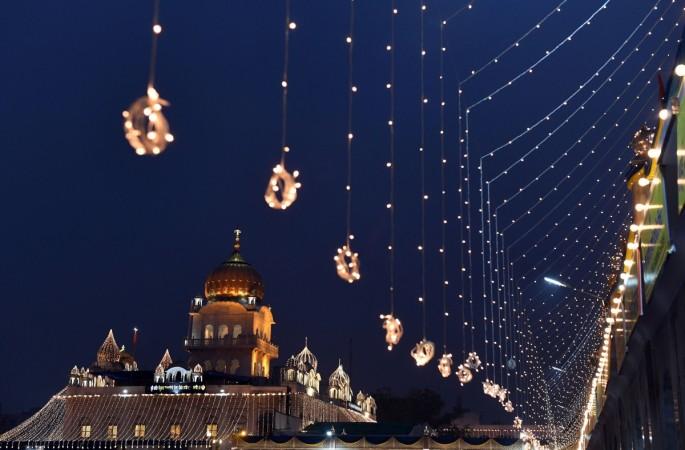
After switching to solar power rooftops, Delhi's Gurdwara management committee has now planned to set up biogas in place of piped natural gas to run its langar kitchen in ten shrines, including Bangla Sahib and Rakab Ganj Gurdwara.
The move is aimed to make the shrines environment-friendly by reducing carbon footprint and cut fuel cost, said Manjeet Singh GK, the president of Delhi Sikh Gurdwara Management Committee (DSGMC).
Since Rakab Ganj and Bangla Sahib generate biodegradable waste in huge quantity, the biogas plants would be first set up at these two shrines, Singh said.
About 30,000 devotees visit these Gurdwaras every day. The community kitchen in these Gurdwaras serves food for all of them. Each plant would have the capacity to manage four quintals of kitchen waste per day, he said.
"The biogas plant would be set up in collaboration with an internationally reputed organic waste convertor company and is likely to be funded by a multinational corporation under its corporate social responsibility," Singh said.
The community kitchens of remaining eight Gurdwaras will be replaced with biofuel by the end of 2019 in a phased manner, said Harjit Singh, who heads renewable energy wing of DSGMC.
The operating cost of the plant is low and there is no need for maintenance for the initial two years. It is very easy to operate once installed, he said.
Apart from providing clean fuel, these plants will also keep a track of effective disposal of bio-waste. The manure produced in the process will be used as fertiliser for garden and lawns at the Gurdwaras, he added.
Earlier, the committee had commissioned the project with rooftop solar power plants at Gurdwaras in the city to reduce the deteriorating atmosphere in Delhi. The DSGMC had announced the Solar Photo Voltaic project that will be generating 1.5 Mega Watt peak (MWp) for the shrines across the national capital.









